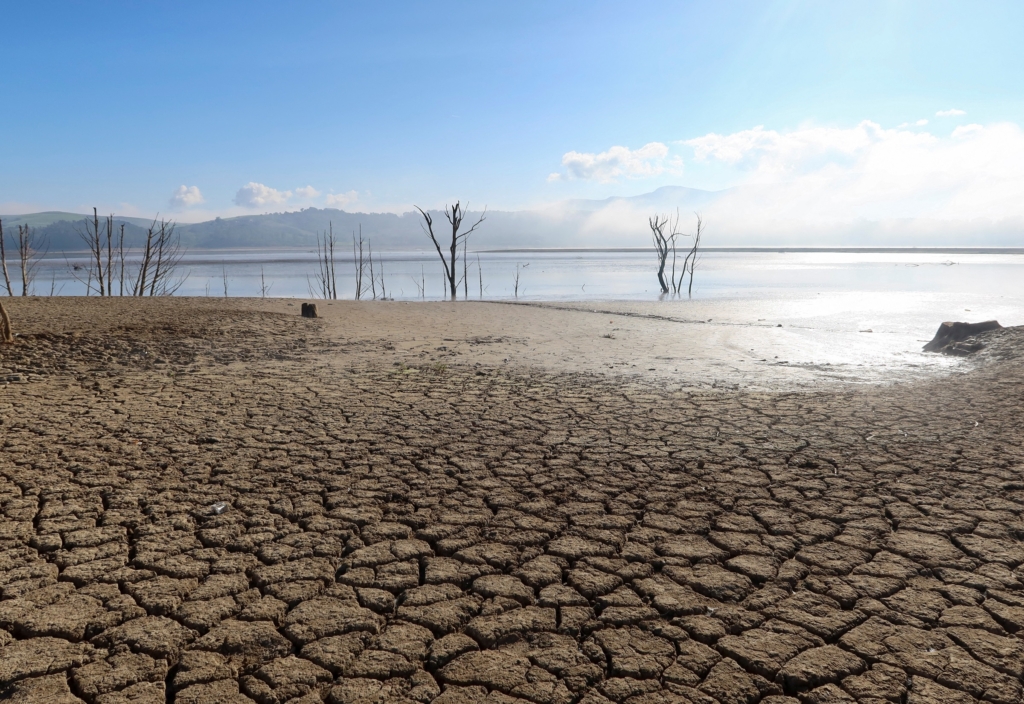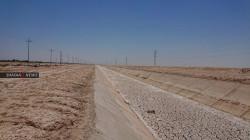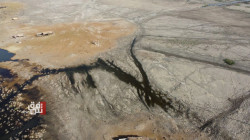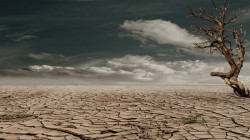Shrinking Lakes: Global Study Reveals Alarming Decrease in Water Reserves Raises Concerns for Water Security

Shafaq News/ Researchers have revealed that over half of the world's lakes and ample water reservoirs have experienced a significant decrease in size since the early 1990s. This shrinking trend raises concerns about the availability of water supplies for agricultural, hydropower, and consumption needs.
The study, reported by the Guardian, found that essential freshwater sources, including the Caspian Sea and Lake Titicaca, are losing water at a combined rate of approximately 22 gigatonnes per year, which is equivalent to the total water usage of the United States in 2015. The decline in water levels in natural lakes was attributed to global warming and human consumption, with 56% of the decrease attributed to these factors, particularly the rise in global temperatures.
While climate scientists generally expect arid regions to become drier and wet regions to become wetter due to climate change, the study highlighted that even humid areas experienced significant water loss. According to Fang Fang Yao, a surface hydrologist at the University of Virginia and the study's supervisor, this loss should not be overlooked.
The researchers analyzed nearly 2,000 large lakes using satellite measurements and climatological and hydrological models. They identified unsustainable human consumption, changes in precipitation and runoff, sedimentation, and warming as contributors to declining lake levels worldwide.
From 1992 to 2020, over 53% of lakes globally witnessed a decrease in their water reserves.
The consequences of declining lake levels directly impact nearly two billion people worldwide, as many regions have already grappled with water shortages in recent years.
Scientists and activists have long emphasized limiting global warming to 1.5°C to avoid more severe consequences of climate change. However, the global temperature has risen by approximately 1.1 degrees Celsius.
The study highlighted that unsustainable human use has led to the drying of numerous lakes, including the Aral Sea in Central Asia and the Dead Sea in the Middle East. Additionally, lakes in countries such as Afghanistan, Egypt, and Mongolia have been affected by high temperatures, further contributing to water loss in the atmosphere.
On the other hand, approximately one-quarter of the world's lakes have experienced rising water levels, primarily due to the construction of dams in remote areas such as the Inner Tibetan Plateau.





